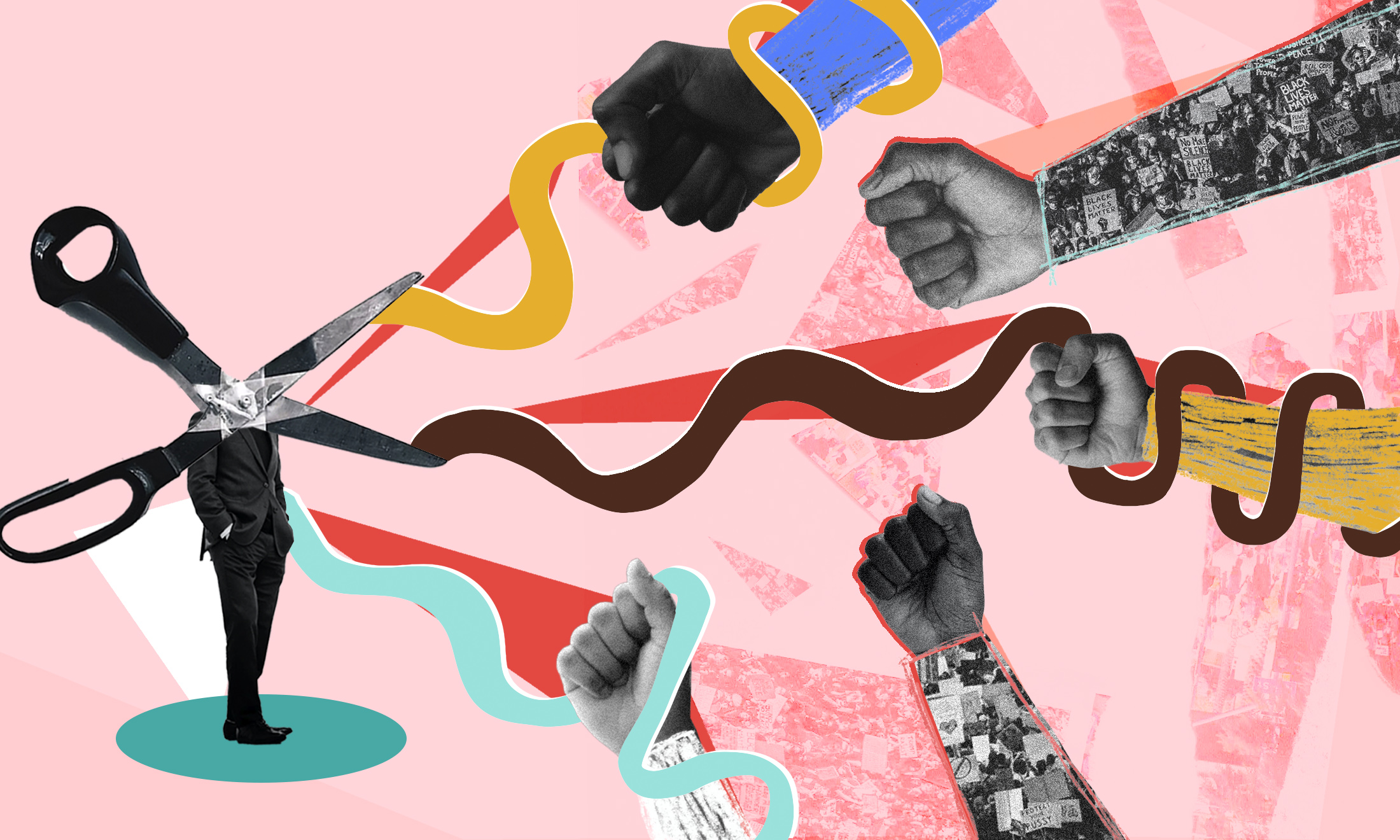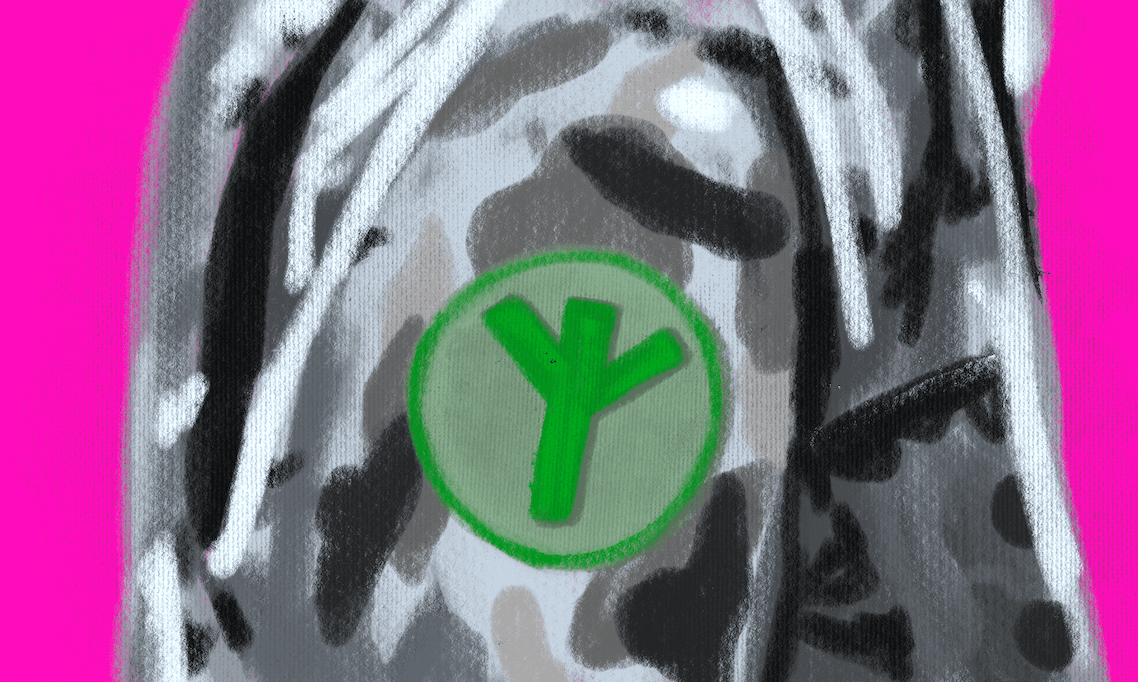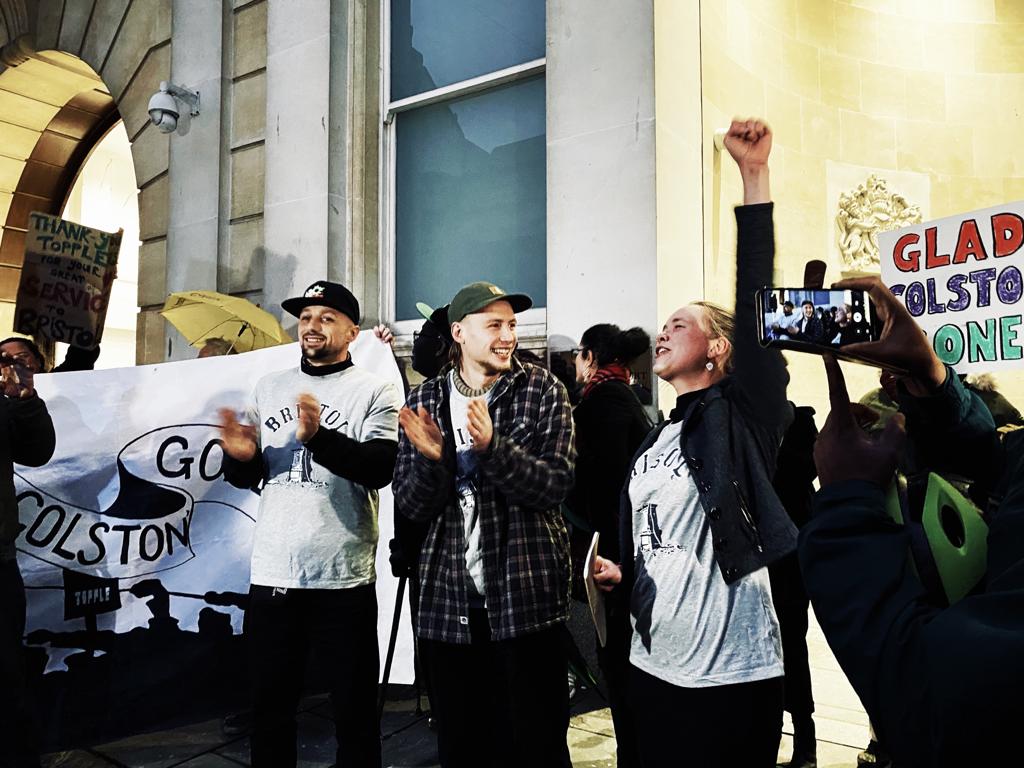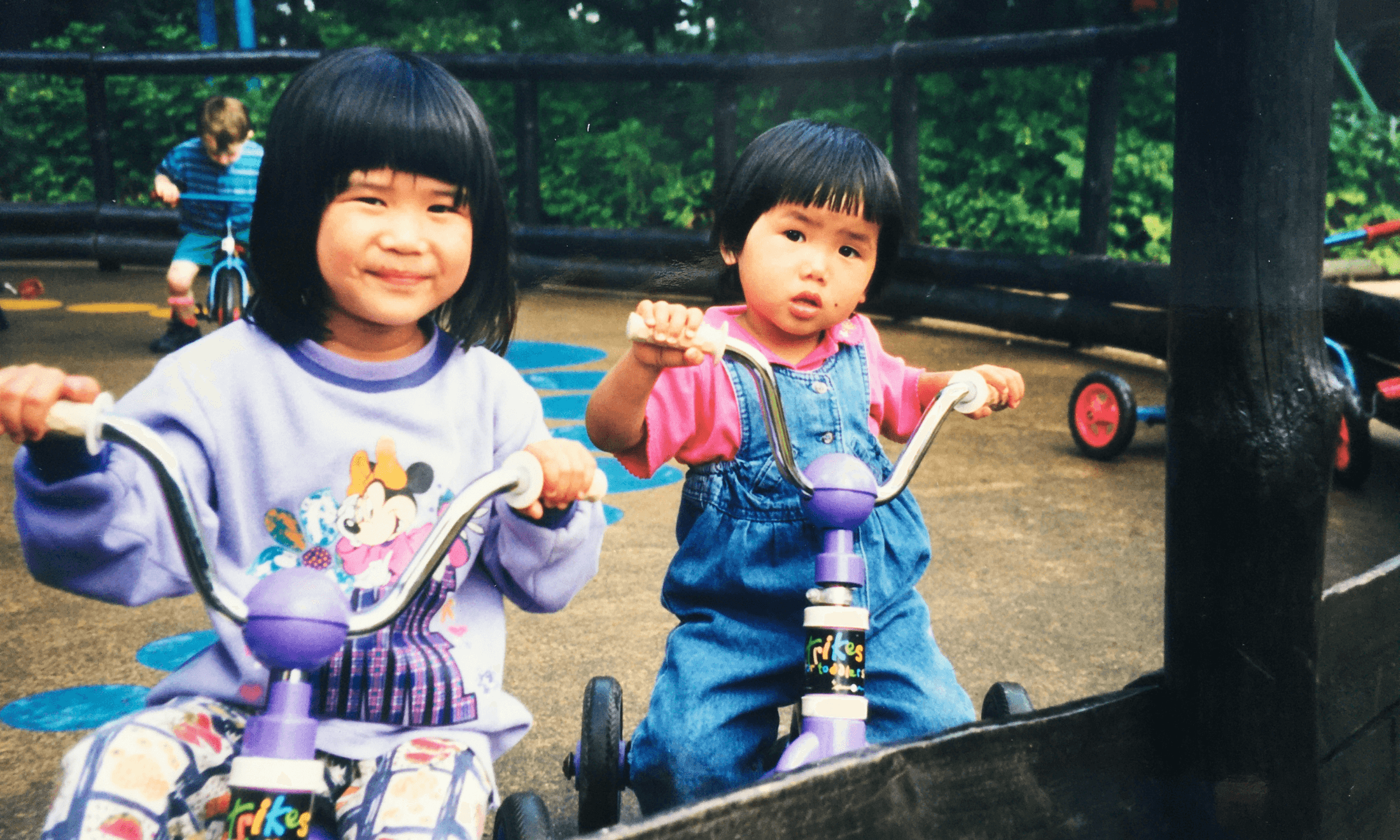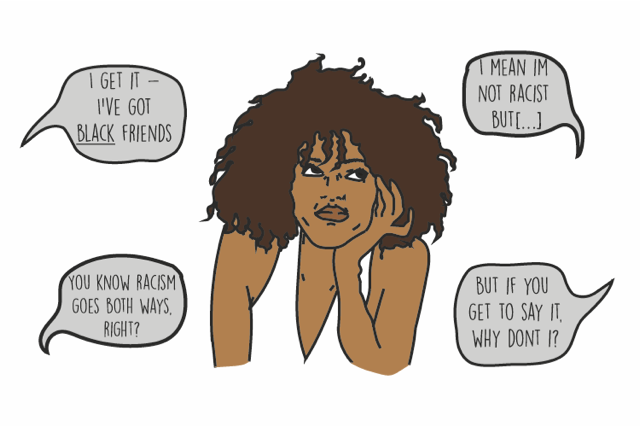
Every morning I wake up and there’s a brief moment of bliss when I forget who I am and where I am. Until my phone starts vibrating, and a sudden and sharp panic overwhelms me. I turn to look at my screen and it’s yet another message from a white “friend” either wishing to have me educate them on a topic or validate their allyship.
At first I assumed I was tired of life or that my depression and anxiety was wearing me down. I changed my diet, I exercised more and I turned my phone off at night, everything my GP suggested for a good night’s sleep. Yet after years of monthly appointments nothing changed, so I started to look at the relationships I had in my life. I noticed a trend; a trend of constant messages from white people I had barely spoken to and that hadn’t bothered making an effort with me in real life, but when they needed to get their ally gold star, suddenly I became their best friend. This is a recurring theme; one I’ve noticed both online and in real life.
Despite the constant pleas of “we’re not your teachers”, white people continue to persist and foist their sense of entitlement on people of colour, rather than taking this time to examine their own behaviour and confront uncomfortable realities. Relying on the binaries that being racist makes you a bad person and not being racist means you’re a good person, is to deny the existence of the fact that many white people are socially conditioned to think of the world in a racialised way, whilst at the same time exempting themselves from this same reality.
“It’s hypocrisy at its finest. They’ll agree with you and maybe even complain about their other white friend who does all the things you tell them aren’t cool, while doing it themselves.”
Any “liberal” white person, will agree with you on this. It’s hypocrisy at its finest. They’ll agree with you and maybe even complain about their other white friend who does all the things you tell them aren’t cool, while doing it themselves. I realised this while I was talking to someone. Suddenly, I thought to myself, “why are they trying so hard to prove to me they’re not racist?” It was at this point that I realised it was about time I got rid of my problematic white friends.
Someone who isn’t racist doesn’t need their faux intersectional feminism or allyship affirmed continuously, especially after being told numerous times that using people of colour to do their emotional labour has a very violent and oppressive history. Equality is not possible if white people are unwilling to put in the work, or if there is a reliance on oppressed groups to do the mental, emotional and physical labour. This is performative allyship syndrome: a state of being where a white person refuses to engage with the material and knowledge you equip them with, but instead wants a cookie from their nearest and most vocal black friend so that they can proudly call themselves woke or an intersectional feminist.
Online spaces exist for people of colour as a safe haven from the daily microaggressions we face in the real world. It’s an opportunity for us to escape momentarily into an alternative reality. Here we can air our grievances, our most inner thoughts, our shared love for Wetherspoons if we so please, and make connections with similar minded people from around the world. Many of these spaces are open to both white people and PoC. Although many are dominated by the former, clear rules are made and boundaries are established – most of which revolve around the notion of inclusivity.
“Stop calling on people of colour for outrage entertainment or when you’re bored and feel like causing drama. I get it, you’re basic, but it’s time for you take several seats and listen.”
It’s easy to spot a problematic white friend. Although it is time consuming and energy consuming, call them out on their shitty behaviour and watch their reaction. The response is usually what many black women in particular are used to experiencing: a very defensive attitude and then, of course, the Taylor Swift style crocodile tears. I’ve been called every name you can think of including the classic, “aggressive”.
Misogynoir-based language is a daily occurrence for me, covering the two most obvious privileges that I do not have – white and male. If you dare to question the untouchable white woman who can do no wrong, I warn you now, expect white men (despite it being very clear that self-professed intersectional feminist Louise used both sexist and racist language against a women of colour) to run to her rescue. The outcome is even worse if you have the guts to go through the emotionally draining process of challenging Tom, as he will reduce you to your basic arbitrary qualities, instead of engaging with what you said.
Declaring yourself as woke or an intersectional feminist does not mean that nothing you say can be questioned, especially if you belittle a woman of colour publicly. I’m tired of every Lena and Tori revolving every situation around themselves, even when they’re in the wrong. Stop calling on people of colour for outrage entertainment or when you’re bored and feel like causing drama. I get it, you’re basic, but it’s time for you take several seats and listen. For me, like all life experiences, this is a lesson learnt. People of colour, please continue creating your own spaces. Stop being everyone’s ‘mammy’ and get rid of those problematic white friends.


